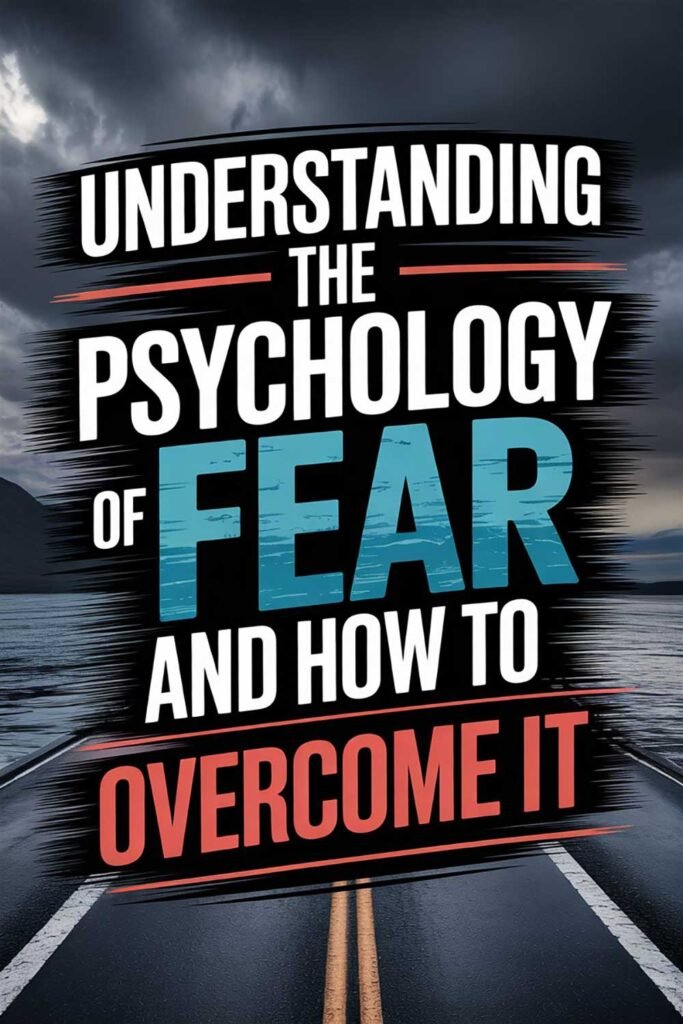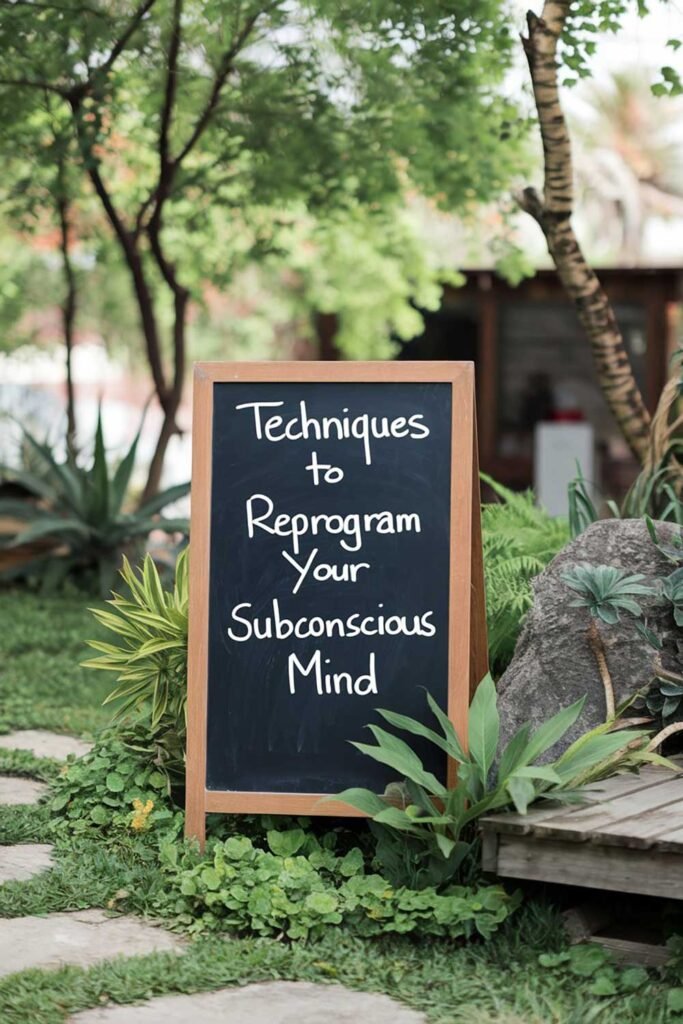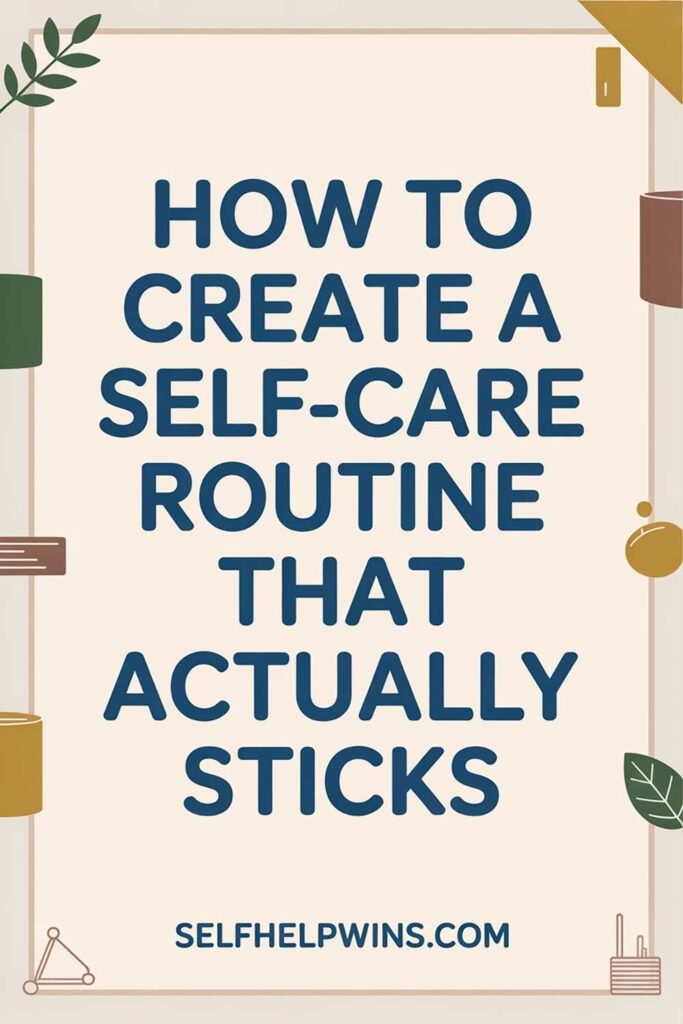Budgeting for Beginners: The No-Stress Way to Start
Budgeting doesn’t have to be intimidating, overwhelming, or boring. In fact, it can be one of the most empowering skills you ever learn. Whether you’re living paycheck to paycheck or just want to take control of your finances, budgeting gives you clarity, peace of mind, and a roadmap to reach your financial goals.

This no-stress guide to budgeting for beginners breaks everything down step-by-step with real-life examples, easy-to-follow tips, and practical insights that make starting simple and sustainable.
What Is a Budget, Really?
A budget is a plan for your money. That’s it. It’s not a punishment or a restriction—it’s a tool that tells your money where to go so it doesn’t disappear without a trace.
Think of your budget as a personal financial GPS. You set the destination (your goals), and your budget shows you how to get there.
Why Budgeting Matters
- Reduces financial stress
- Helps you save consistently
- Avoids unnecessary debt
- Shows you where your money actually goes
- Empowers you to make smarter choices
Real-life example:
Lena always felt anxious about money. She started using a simple paper budgeting method and discovered she was spending $200/month on takeout. By cooking more and budgeting intentionally, she saved $1,200 in six months.
Step 1: Know Your Numbers
Start with two simple lists:
- Income: How much do you bring in each month (after taxes)?
- Expenses: List every monthly expense, from rent and groceries to streaming services and coffee.
Break your expenses into two categories:
- Fixed (rent, car payment, insurance)
- Variable (groceries, gas, dining out, fun)
Tip: Go through 1–2 months of bank statements to get a realistic view.
Real-life example:
James thought his grocery budget was $300/month. After reviewing his debit card transactions, he realized he was spending closer to $500. This awareness helped him adjust accordingly.
Step 2: Choose a Budgeting Method
There are many ways to budget. Choose one that fits your lifestyle.
1. The 50/30/20 Rule
- 50% needs (rent, food, transportation)
- 30% wants (entertainment, dining, hobbies)
- 20% savings & debt repayment
2. Zero-Based Budget
Every dollar has a job. Income minus expenses = $0.
3. Envelope System (Cash-Based)
Assign categories and use physical envelopes or a digital app for tracking.
4. Pay Yourself First
Put money into savings/investments before spending on anything else.
Real-life example:
Marissa hated budgeting until she tried the 50/30/20 rule. It gave her flexibility while helping her stash away $150/month in savings automatically.
Step 3: Pick a Budgeting Tool
Choose one that keeps you consistent:
- Apps: YNAB, EveryDollar, Mint, Goodbudget
- Spreadsheets: Google Sheets or Excel templates
- Pen & paper: Budget binder or notebook
Tip: The best tool is the one you’ll actually use consistently.
Real-life example:
Derek used to hate apps until he found YNAB (You Need A Budget). After 3 months, he paid off $1,000 in credit card debt by tracking where his money went.
Step 4: Set Realistic Goals
Set short-term and long-term goals to keep you motivated:
- Build a $1,000 emergency fund
- Pay off credit cards
- Save for a trip
- Buy a home
Start small. Small wins build momentum.
Real-life example:
Emily created a goal to save $500 in 3 months for Christmas gifts. By tracking her spending and cutting unnecessary purchases, she met her goal early.
Step 5: Review Weekly and Adjust Monthly
- Check in weekly: Are you overspending in any category?
- Reevaluate monthly: Income changes? Unexpected expenses?
- Be flexible: Life happens. Adjust without guilt.
Real-life example:
Aaron noticed he overspent in the “fun” category by $75 in his first month. Instead of quitting, he adjusted and made up for it the next month. That flexibility helped him stick with it.
Common Budgeting Mistakes to Avoid
- Being too restrictive
- Forgetting annual or irregular expenses
- Not tracking variable spending
- Ignoring small daily purchases (they add up!)
- Giving up after one bad month
Remember: Progress, not perfection.
Quick Budgeting Tips for Beginners
- Start today – not tomorrow.
- Use cash or debit instead of credit if you’re prone to overspending.
- Automate savings so you don’t forget.
- Meal plan to save on groceries.
- Cut subscriptions you don’t use.
- Have a “fun money” category to avoid burnout.
- Celebrate wins – even small ones.
20 Inspirational Quotes About Budgeting and Money
- “A budget is telling your money where to go instead of wondering where it went.” – Dave Ramsey
- “Do not save what is left after spending, but spend what is left after saving.” – Warren Buffett
- “You must gain control over your money or the lack of it will forever control you.” – Dave Ramsey
- “It’s not your salary that makes you rich, it’s your spending habits.” – Charles A. Jaffe
- “Beware of little expenses. A small leak will sink a great ship.” – Benjamin Franklin
- “Financial peace isn’t the acquisition of stuff. It’s learning to live on less than you make.” – Dave Ramsey
- “Money looks better in the bank than on your feet.” – Sophia Amoruso
- “A budget is more than just numbers on a page; it is an embodiment of our values.” – Barack Obama
- “Balancing your money is the key to having enough.” – Elizabeth Warren
- “Budgeting is the foundation of financial freedom.” – Suze Orman
- “Don’t tell me what you value. Show me your budget, and I’ll tell you what you value.” – Joe Biden
- “The quickest way to double your money is to fold it in half and put it back in your pocket.” – Will Rogers
- “Richness is not about having a lot of money, it is about having options.” – Chris Rock
- “When you know where your money goes, you know where your life goes.” – Unknown
- “Budgeting is not about limiting yourself—it’s about making the things that excite you possible.” – Unknown
- “A budget is a plan, not a prison.” – Unknown
- “Live like no one else now so you can live like no one else later.” – Dave Ramsey
- “Money is a terrible master but an excellent servant.” – P.T. Barnum
- “Save money, and money will save you.” – Jamaican Proverb
- “You can’t manage what you don’t measure.” – Peter Drucker
🧰 Picture This
You open your budgeting app, and for once, there are no surprises. You know where your money went this week, and better yet, you know what’s coming. You’ve got groceries in the fridge, a buffer in your savings, and a sense of calm that wasn’t there before. Budgeting didn’t make your life harder—it made it better. You’re not just spending. You’re planning. Winning. Growing.
What could your life look like in 30 days if you started today?
💬 Please Share This Article
If this no-stress budgeting guide helped you, please share it with someone who needs a fresh start. One small change can change everything.
⚠️ Disclaimer
This article is based on personal experience and general financial knowledge. It is intended for informational purposes only and should not be considered financial advice. Always consult a professional before making major financial decisions. Results may vary.






